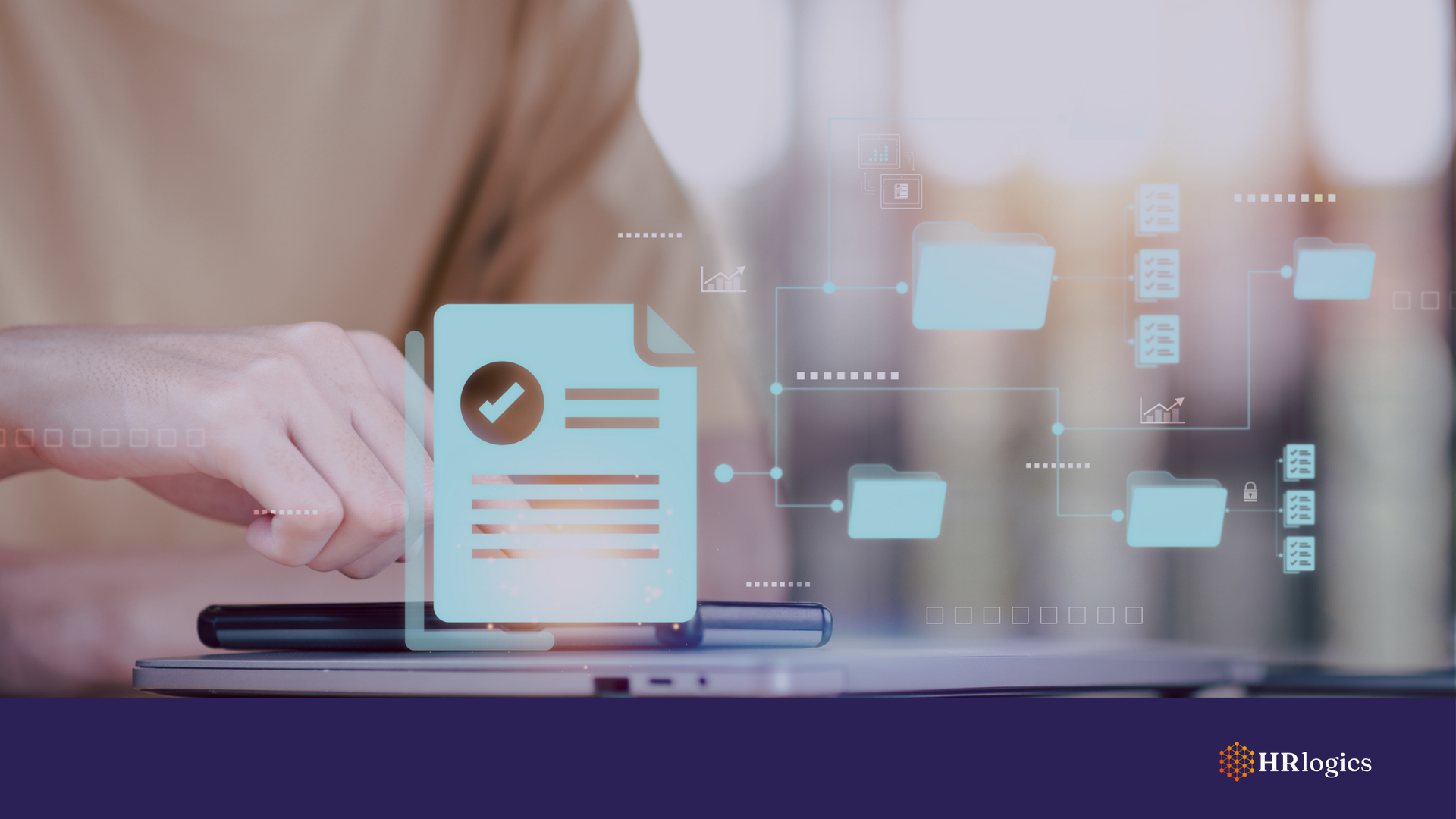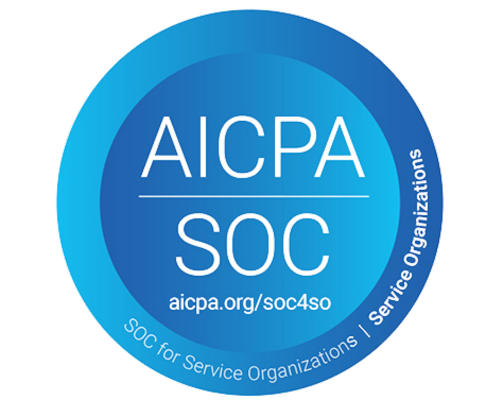Innovation Unleashed: Navigating Birmingham's Tech Hub with R&D Tax Credits

In recent years, Birmingham, Alabama, has emerged as a vibrant tech hub, capturing attention nationwide. The Magic City stands tall among the 31 communities selected by the U.S. Economic Development Administration's Regional Technology and Innovation Hubs Program.
This initiative, funded by the
CHIPS and Science Act of 2022, aims to strengthen regional innovation, catalyze job creation, and enhance cities' capacity to manufacture, commercialize, and deploy new technologies.
Innovation Depot and Voltage: Nurturing Tech Entrepreneurs
In the heart of Birmingham's tech renaissance, Innovation Depot collaborates with the Birmingham Tech Hub, a partnership that could potentially receive significant investment to fuel innovation and job creation. This 501(c)3 nonprofit tech and entrepreneurial support organization operates with a clear mission: to incubate and accelerate tech and bio-focused high-growth businesses.
One of Innovation Depot's notable initiatives,
Voltage, serves as an idea incubator designed for aspiring entrepreneurs. This 6-week program allows professionals to explore tech-enabled business ideas without disrupting their day jobs. Voltage offers guidance, mentorship, and resources, helping founders assess the feasibility of their startup ideas before investing heavily in a minimum viable product. After exploring the Voltage program, employers can
leverage unique tax credits to take their innovations to the next level.
Unleashing Innovation Through R&D Tax Credits
To get ahead of the competition, businesses are tapping into a valuable resource: the Research and Development (R&D) Tax Credit. This $18 billion government incentive empowers U.S. businesses to develop new products, software, formulas, or business components and provides a dollar-for-dollar offset against taxes owed. Originally limited to highly technical firms, the credit's scope expanded significantly with the PATH ACT of 2015, embracing a diverse range of businesses.
Qualifying for the R&D tax credit involves a four-part test where activities must:
- Address technical uncertainty,
- Involve experimentation,
- Be technological in nature, and
- Serve a qualified purpose.
Companies creating innovative products or enhancing existing ones stand to benefit. Additionally, over 30 states offer R&D credits, providing
further opportunities for businesses to offset state tax liability and fuel innovation.
HRlogics and Innovation Depot: Shaping the Future Together
HRlogics, deeply committed to advancing HR compliance through technological innovations, is proud to support this thriving ecosystem. That's why we’re excited to sponsor Innovation Depot’s next Tech on Tap event, on November 16, 2023.
"We are excited to sponsor this year's Tech on Tap event, especially in the wake of Birmingham's designation as a federal Tech Hub," says Shannon Scott, CEO of HRlogics.
Tech On Tap allows business professionals to mingle with Birmingham's innovation-minded movers and shakers!





